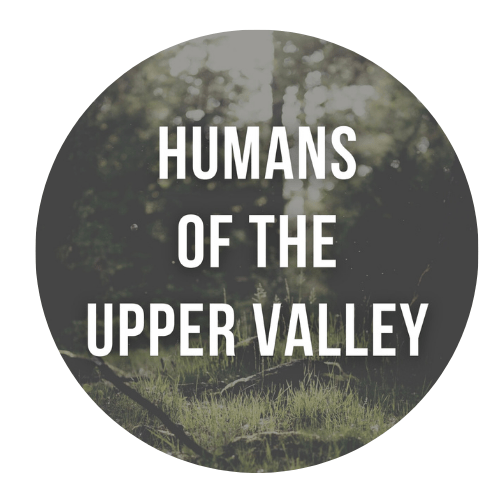“There is so much beauty in receiving care from people, even in the little things, like people checking up on you and making space and time to listen to you. When I am going through a tough time, I am not really able to process on my own since I internalize a lot of things. But when I process with other people, they help me understand the things I do, why it happened the way it did, and how to reconcile it with myself. In this way, human connection is so healing.
Much of my focus at Dartmouth now is Asian American studies and activism, and I think a hard part of activism is that it is easy to reduce ourselves to forms of labor, and we eventually see each other as that, as labor, which is a category and not people. When we are caught in that, we need to sit down and think, ‘Why am I doing this in the first place?’ We try to make the world a better place because we care about the people in it. But what is the point of caring about the world if we lose that aspect of care for the people in it? Who ends up winning in the end?
Lately, I have been seeing care as resisting how the world tries to strip us of our humanity. Through care, we understand that humans are complex. A lot of times, when I would mess up or do something wrong, whatever “wrong” means, I beat myself up and thought that it was an inherent flaw in me. But I have been starting to realize that messing up means that I allow myself to be human. Once I realized that, it was so much easier to have compassion for myself and others.
There is this poem I read from Yanyi’s book, The Year of Blue Water. He uses the word love, but I feel like care and love can be interchangeable. He says something like, ‘When I first loved, I realized that I was also worthy of love… Love exists in me like a counterbalance.’ So, when you care for someone, you realize you are also worthy of receiving that care. This also applies to caring about the world. To keep on caring about the world, you need to also care for yourself. And when you care about the world, you realize that life is worth living.”
Lily Ren, ’23

